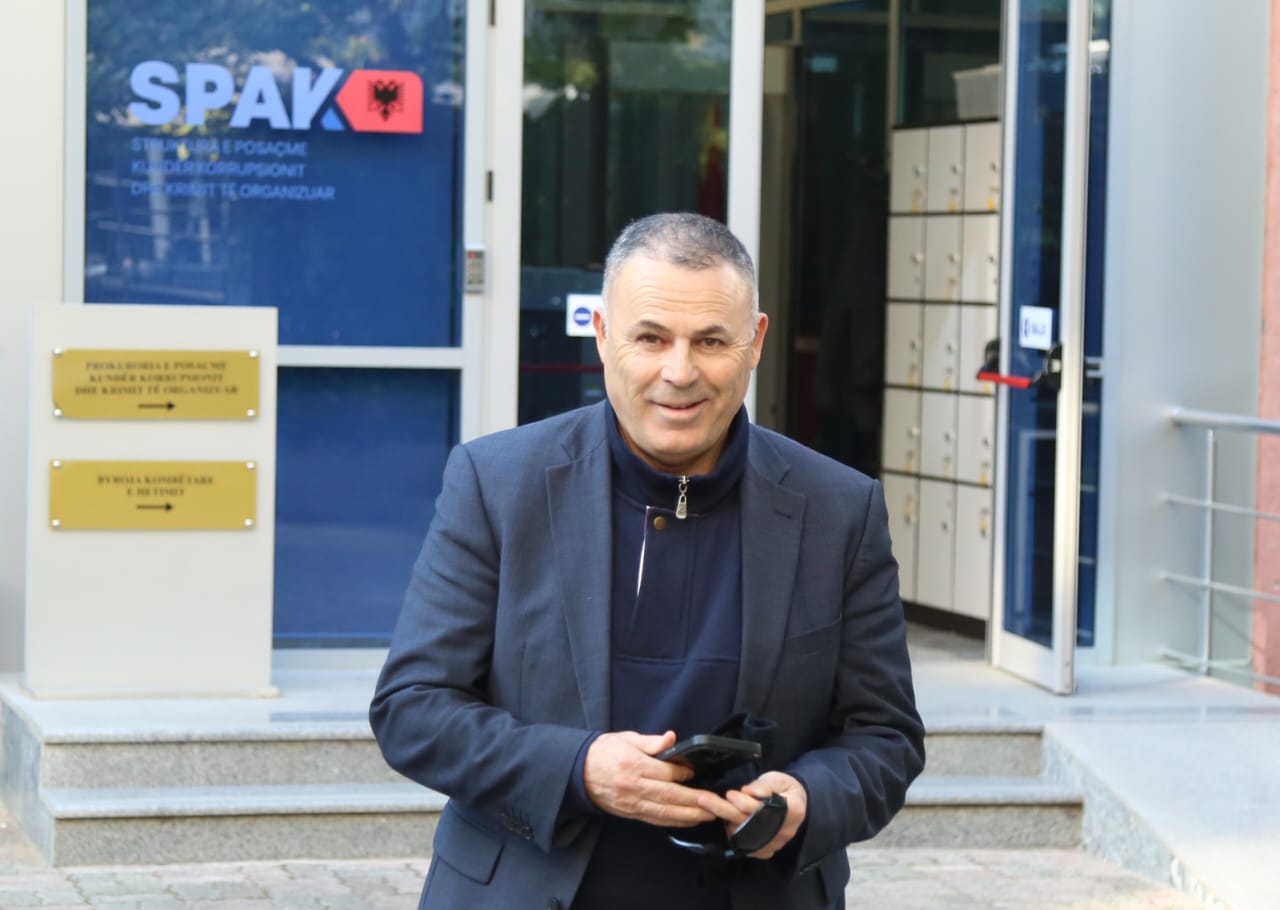SPAK sends Democratic Party MP to trial for non-declaration of assets

The Special Structure Against Corruption and Organized Crime (SPAK) has concluded its investigation into Democratic Party MP Asllan Dogjani, accusing him of failing to declare his assets. The case has been sent to the Special Court for trial, where a preliminary hearing will determine whether it proceeds to a full trial.
Why is this important: Dogjani, a three-term MP known for his vocal stance against government corruption, now faces allegations of financial misconduct that undermine his credibility as a politician. This case is part of SPAK’s broader crackdown on impunity, targeting dozens of high-profile officials, including former presidents, prime ministers, ministers, and mayors. Among those under investigation or facing trial are former President Ilir Meta, who is in custody for money laundering and corruption, and former Prime Minister Sali Berisha for passive corruption.
Context: SPAK’s investigation into Dogjani revealed that he failed to declare a 100-square-meter apartment purchased in 2006. The case was initiated following a complaint from a construction developer whom Dogjani has accused of illegally privatizing public spaces near his residence. Dogjani has publicly denied the allegations, framing them as retaliation for his previous legal actions against the developer.
SPAK has also opened investigations into other Democratic Party MPs. Luan Baçi is accused of hiding €1.5 million in assets, a claim made by a former business associate. These cases illustrate SPAK’s intensified efforts to address systemic corruption in Albanian politics, which has eroded public trust for decades.
Broader implications: Dogjani’s case is emblematic of SPAK’s expanding scope in targeting officials across the political spectrum, challenging the entrenched culture of impunity in Albanian governance. The investigation and prosecution of high-profile figures, including current MPs and former leaders, signal a shift toward accountability in the justice system. They have also weakened the opposition’s efforts to portray itself as a force against corruption and inequality when so many of its representatives, including its top leadership, are being investigated or have been sent to trial for concealing their wealth or for outright corruption and abuse of power.
Critics argue that such efforts must be accompanied by broader institutional reforms to sustain public confidence. The cases against prominent figures like Ilir Meta and Sali Berisha are seen as litmus tests for the independence and efficacy of SPAK
What’s next: The Special Court Against Corruption and Organized Crime will hold a preliminary hearing to assess whether Dogjani’s case proceeds to trial. Meanwhile, SPAK is expected to continue its investigations into other officials, potentially unveiling further high-profile cases in the coming months. The outcomes of these trials will likely shape public perceptions of the justice reform agenda and Albania’s readiness for deeper European integration.


